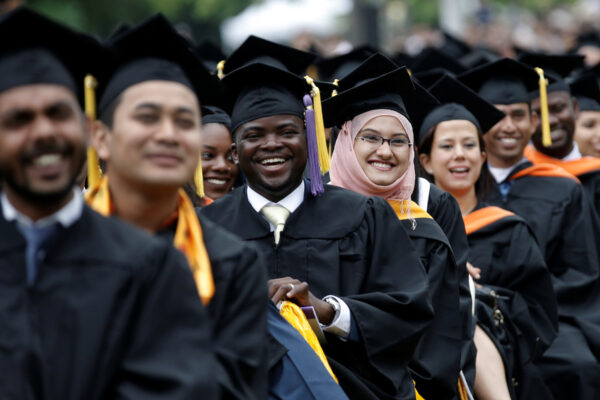Why do Black College Graduates Have a Lower Homeownership Rate?
Title: Explaining the Black-White Homeownership Gap: A Closer Look at Disparities Across Local markets
Date: February 2020
Source: Urban Institute
Author: Junghyun Choi, Alanna McCargo, Michael Neal, Laurie Goodman, Caitlin Young
The Urban Institute released a study examining the gap in homeownership rates between Black and White communities in the United States.
For both races, the homeownership rate increased as educational attainment increased. However equity gaps remain, with Whites more likely to own a home than their Black counterparts. The authors discuss several reasons for the disparity, including that educational attainment is correlated with income potential. As Black households were less likely to have a bachelor’s degree or higher (23.5 percent) compared to White households (38.2 percent), they also had lower potential income to purchase a home.
Other obstacles to homeownership include the lower return on investment of education for Black college graduates ($72,000) than for White college graduates ($100,000). This, coupled with higher borrowing rates, higher amounts of debt, and a greater probability of defaulting on student loans for Black college graduates than for White graduates, lowered the ability of a Black college graduate to buy a home. These issues further perpetuate racial wealth disparities seen in the United States. Because White households generally have higher household income and wealth, they are often better positioned to provide financial support for their children when they attend higher education institutions.
The report concludes by saying that the homeownership gap is also influenced by other factors, such as access to credit. Therefore, a collective effort from federal and local governments, financial institutions, community organizations, and philanthropy is critical to address this issue.
Click here to view the full report.
—Haelim Chun
If you have any questions or comments about this blog post, please contact us.


